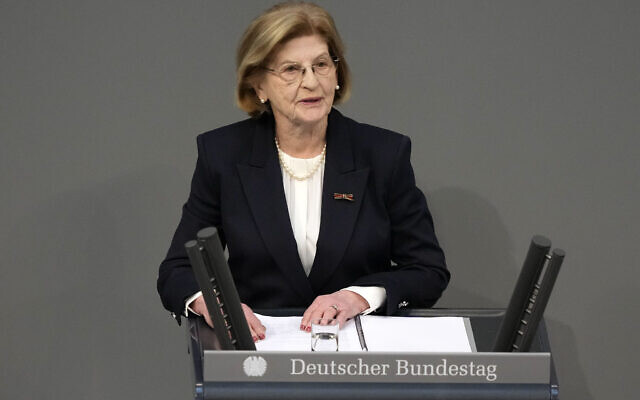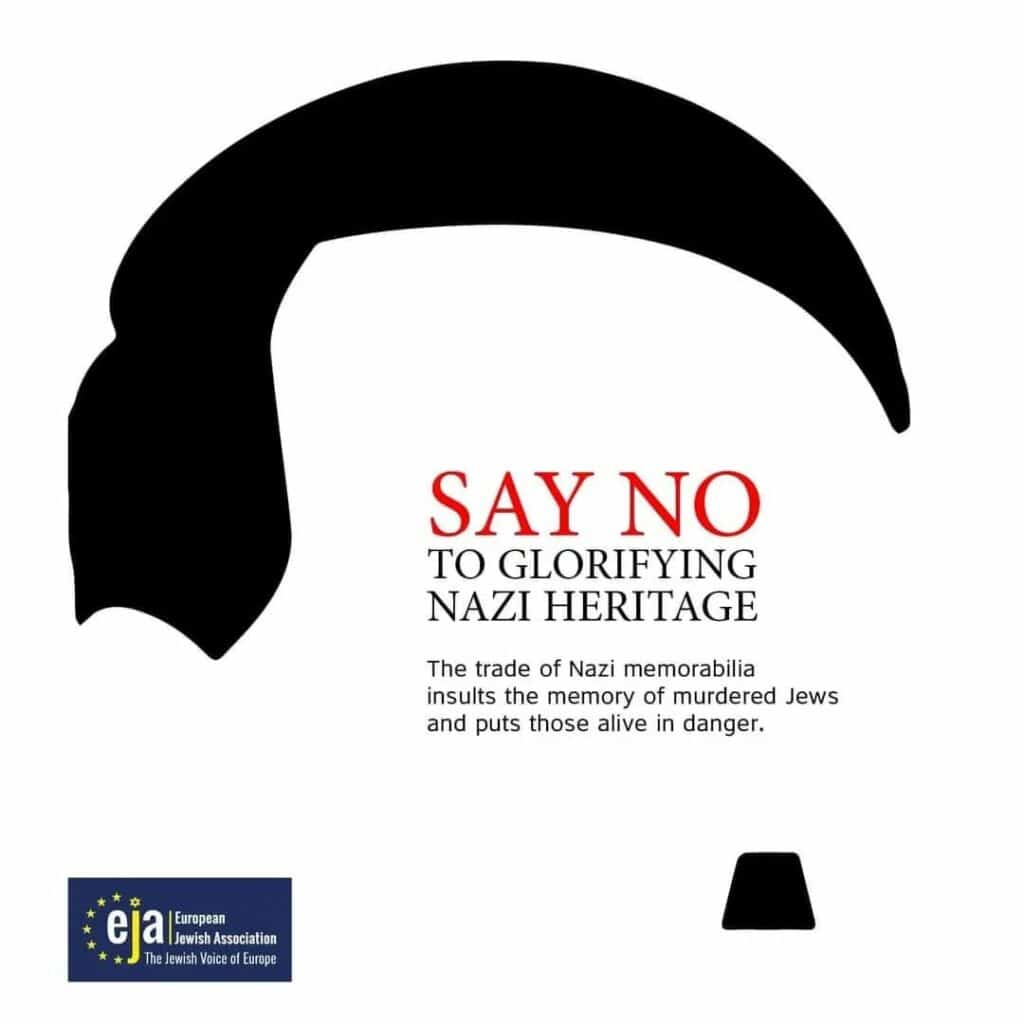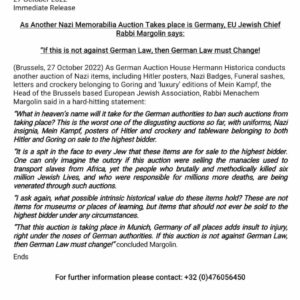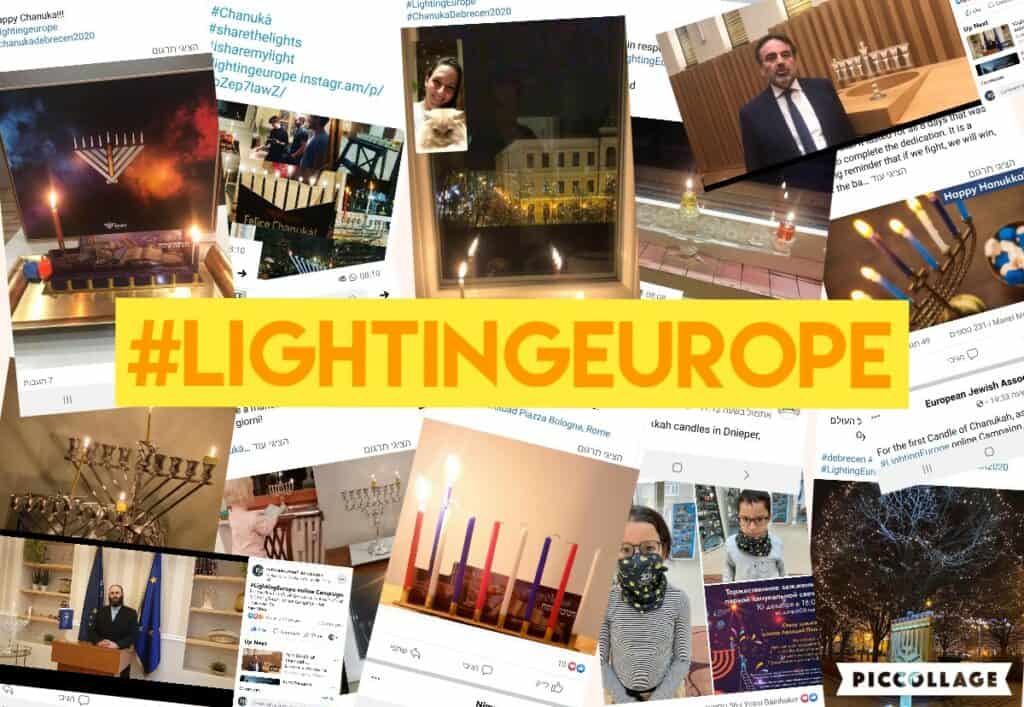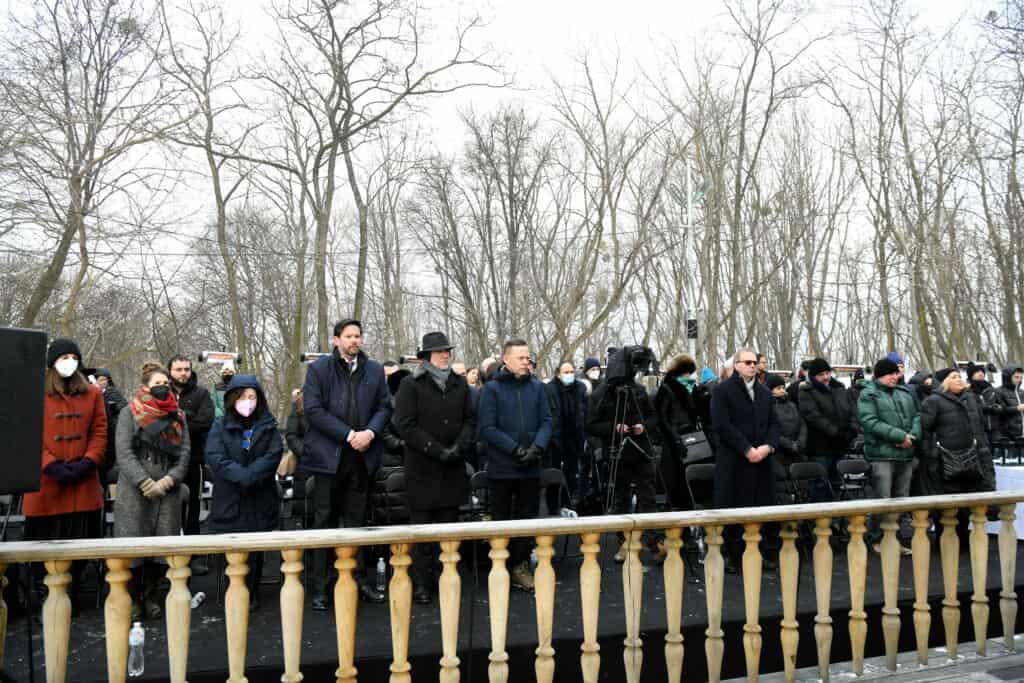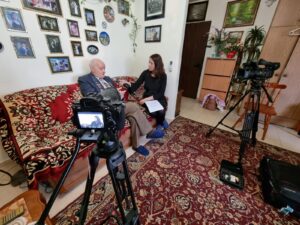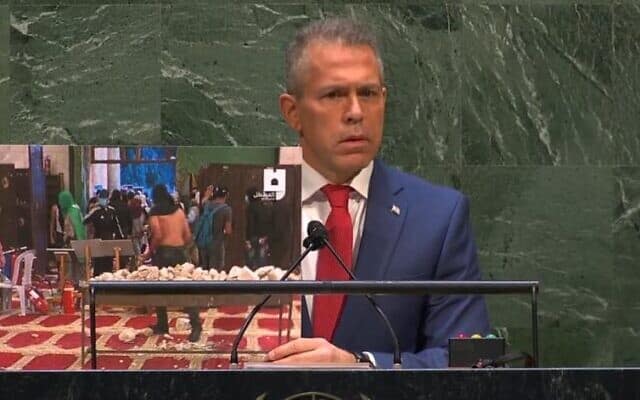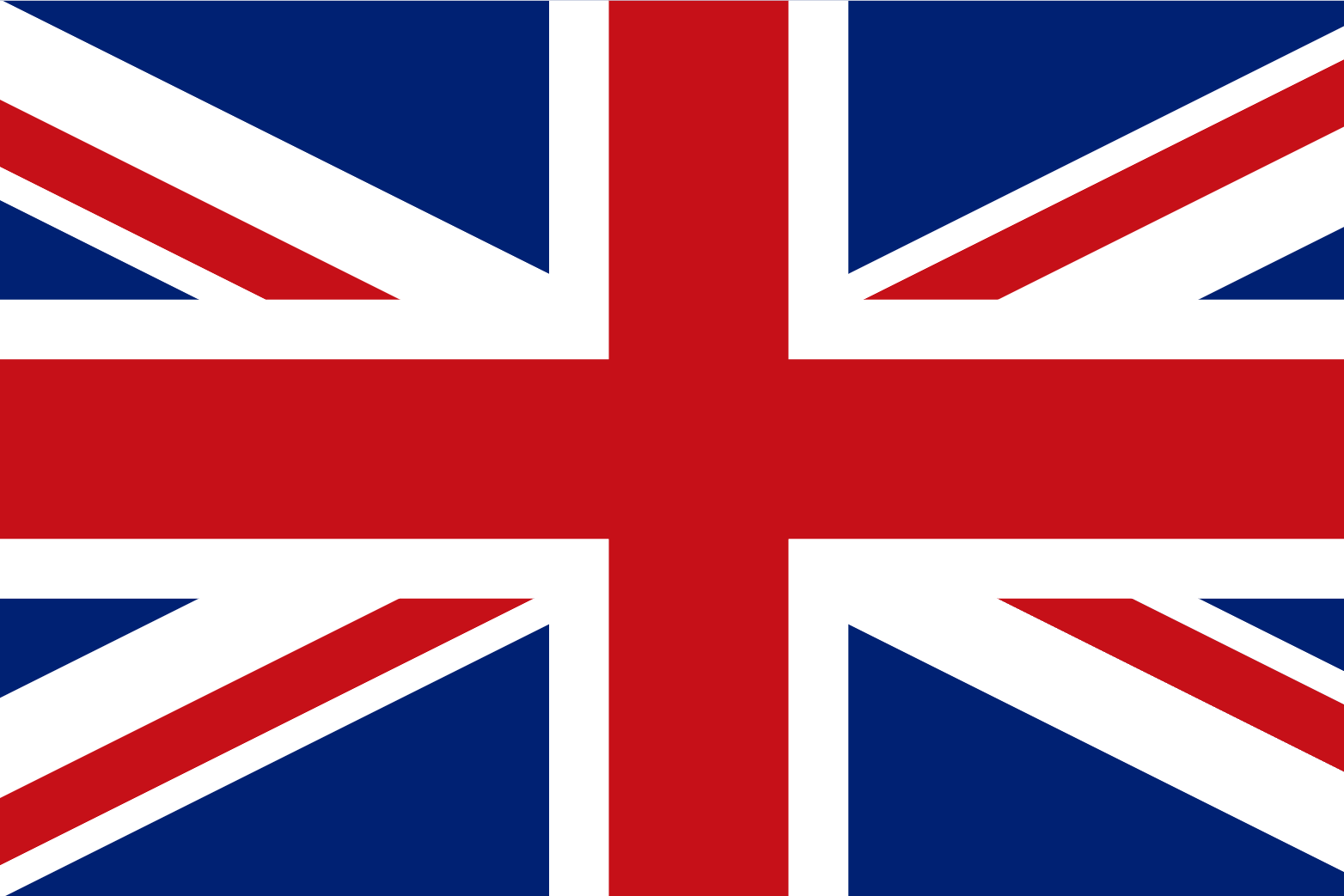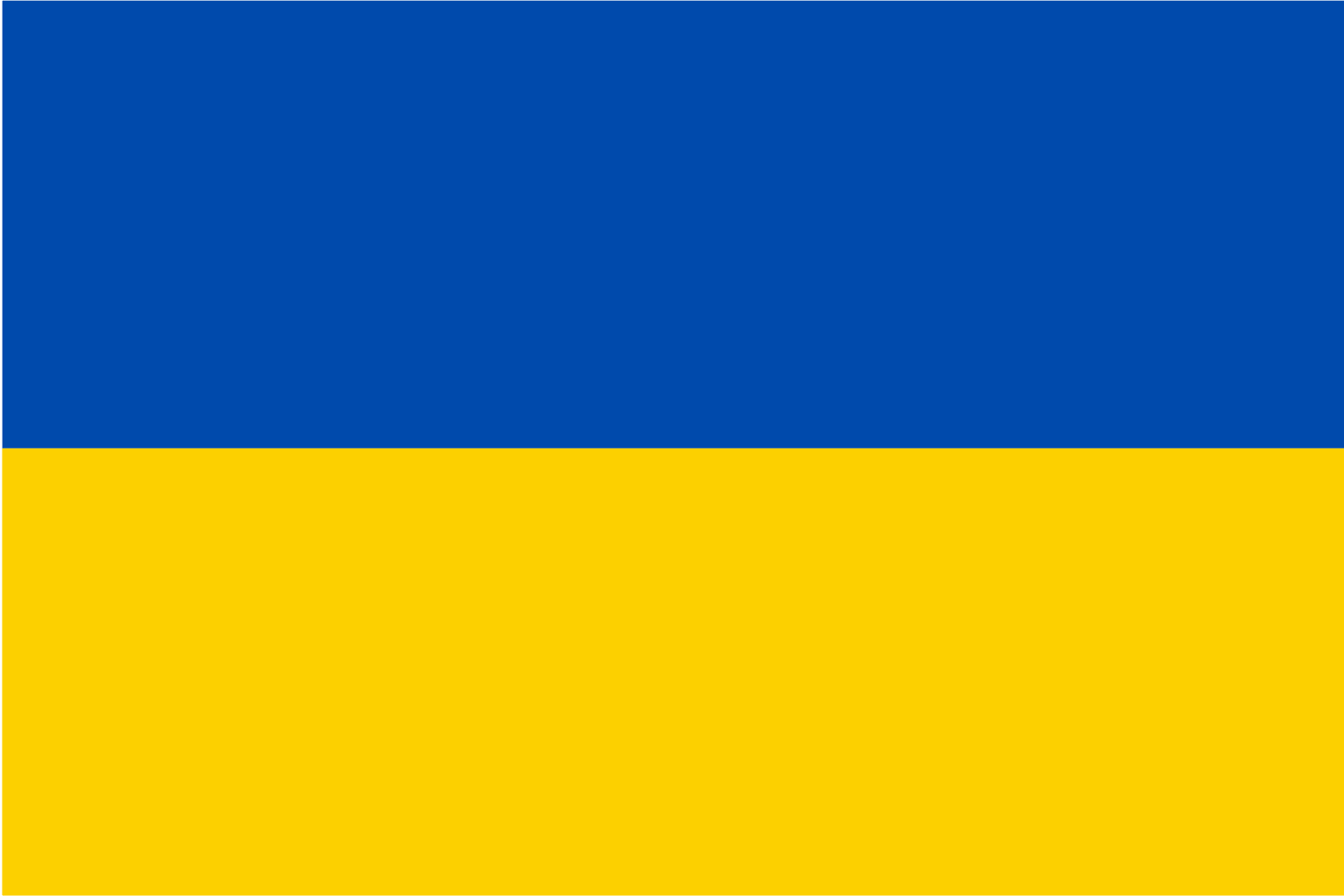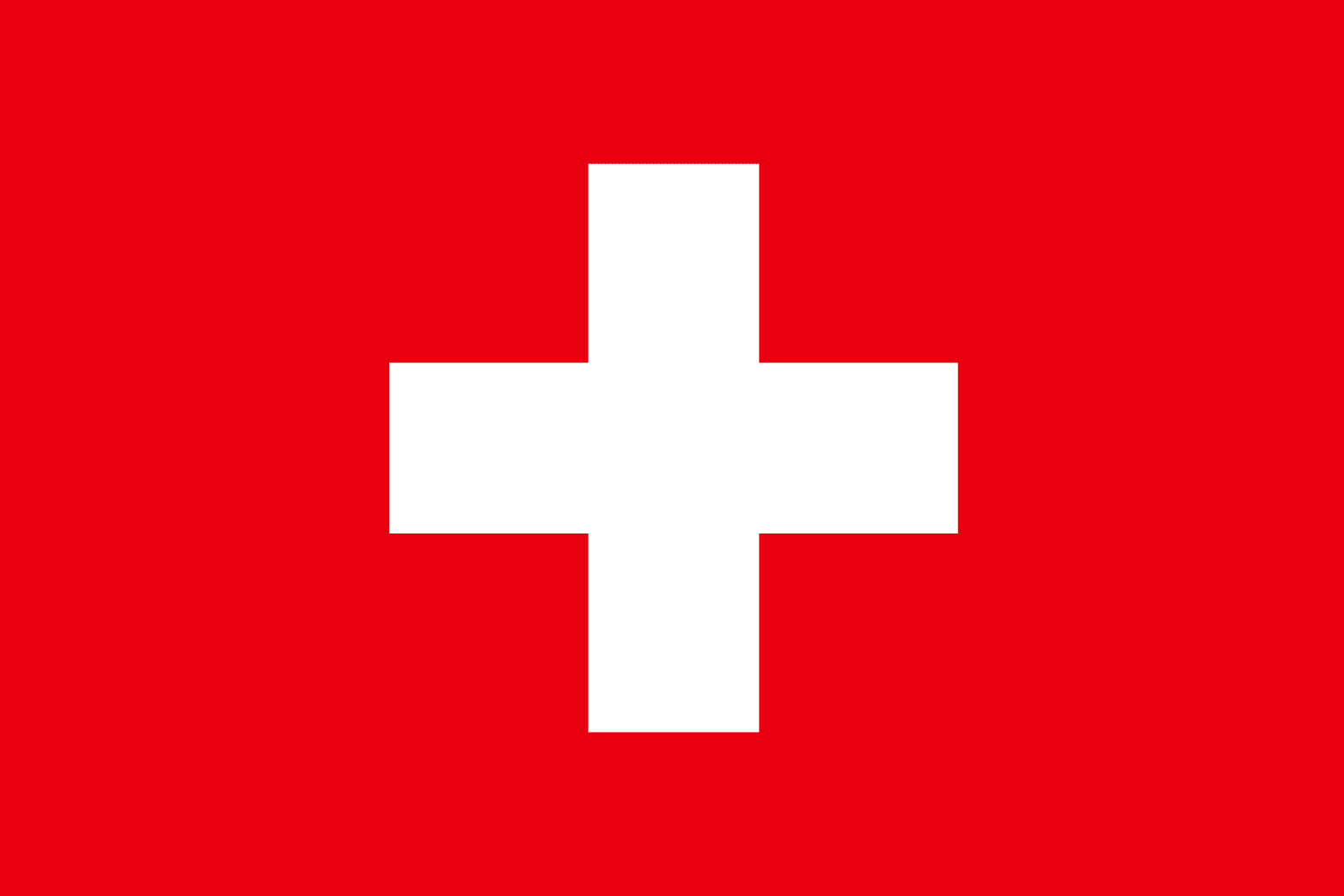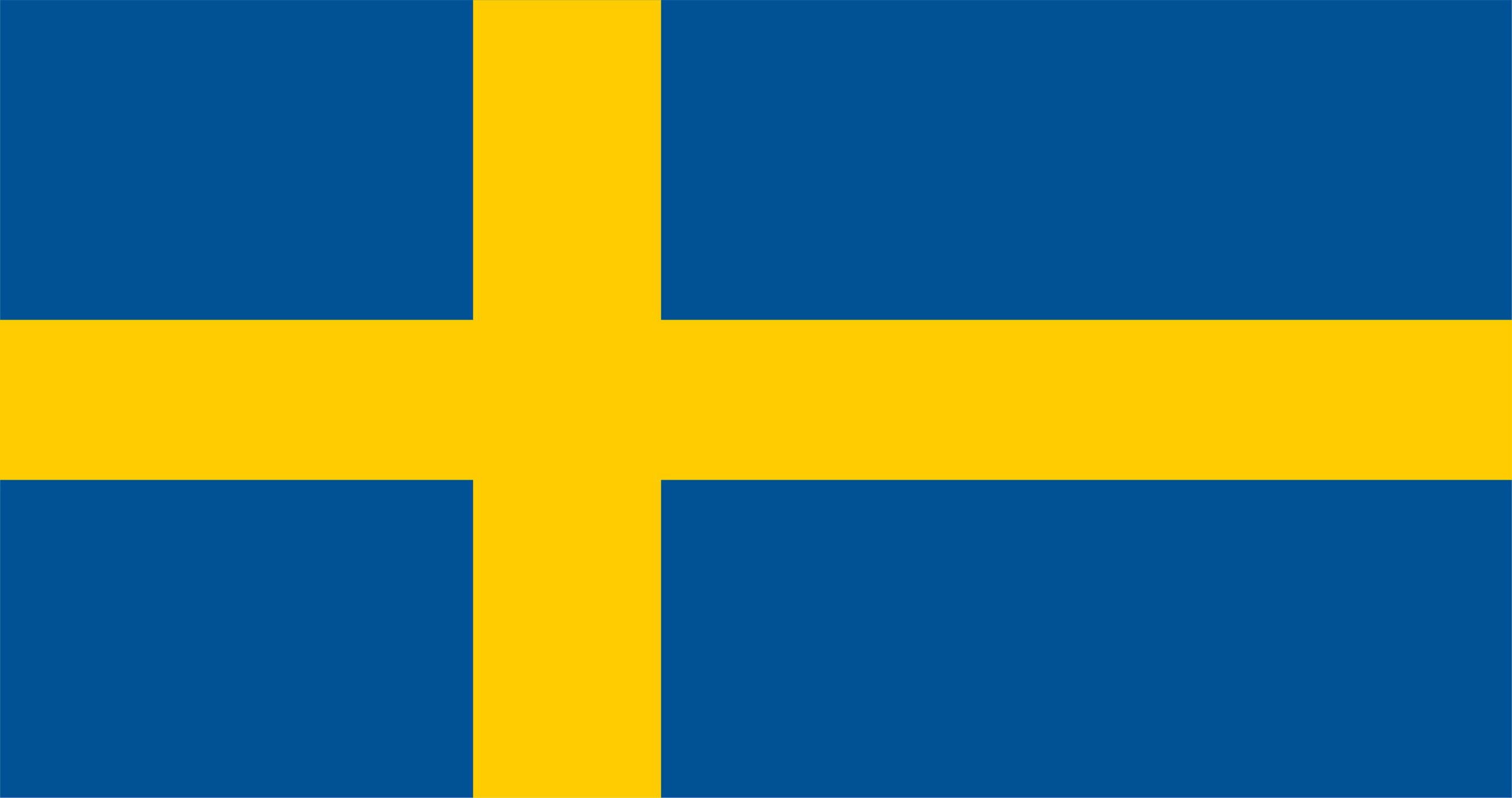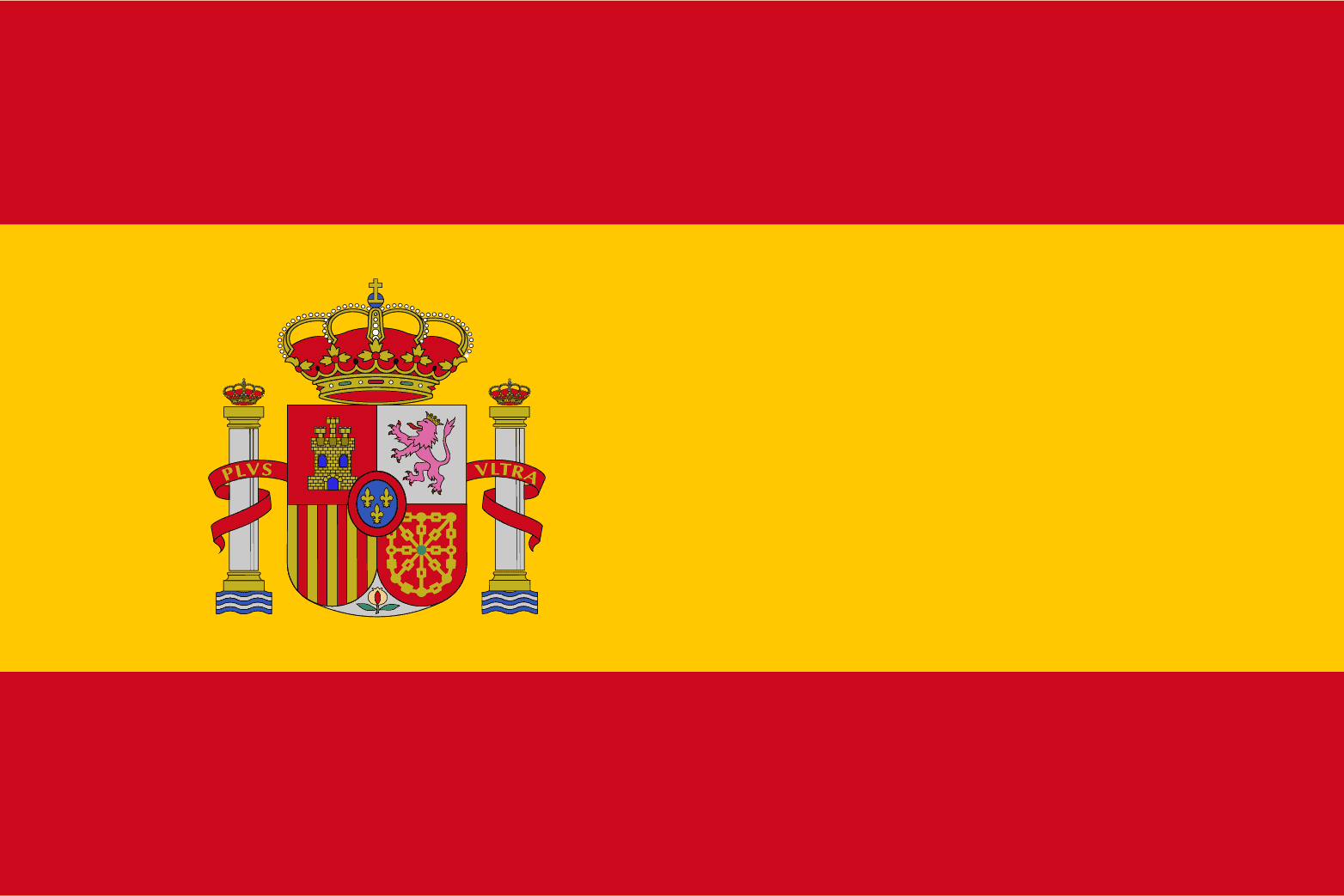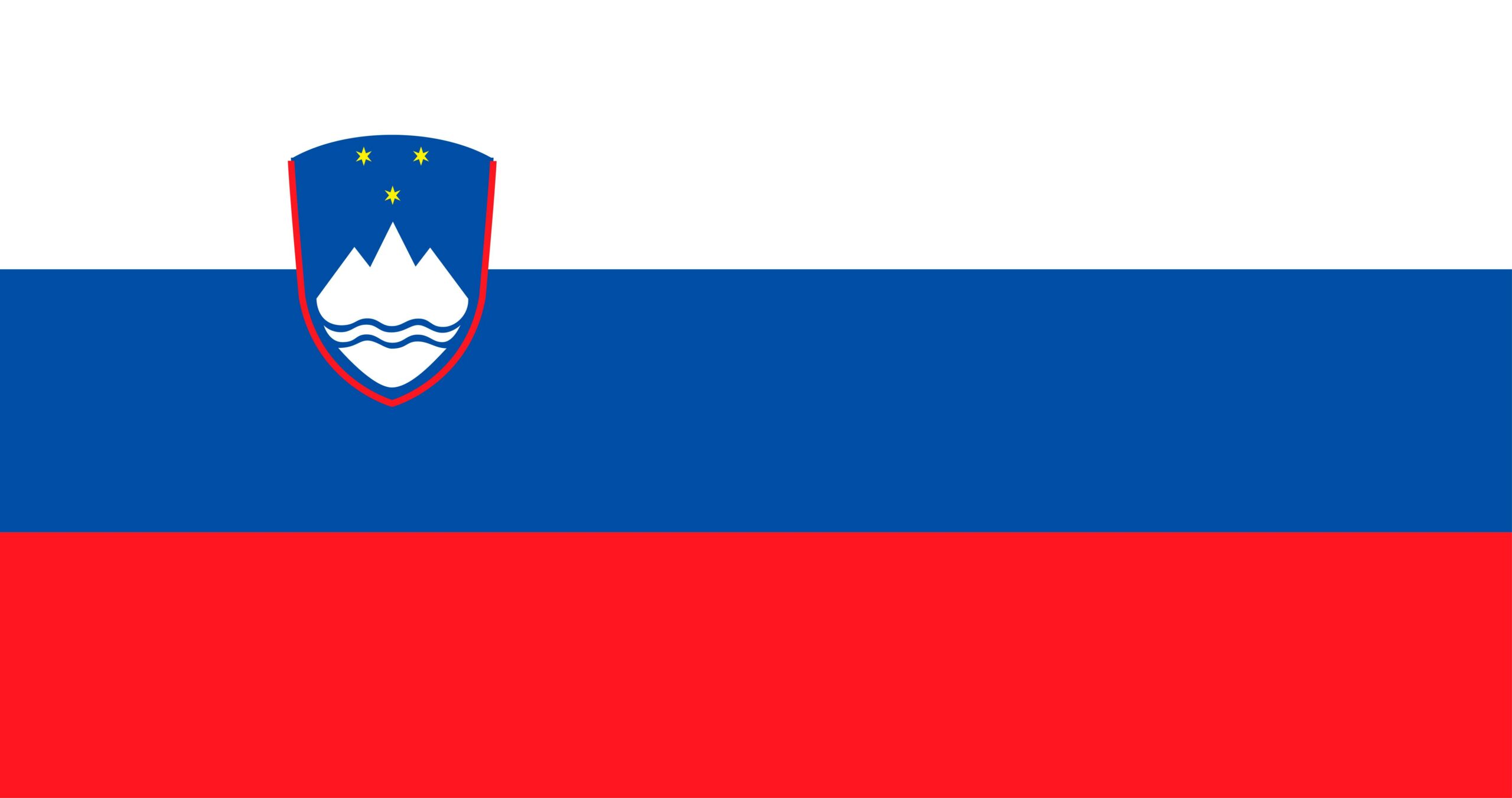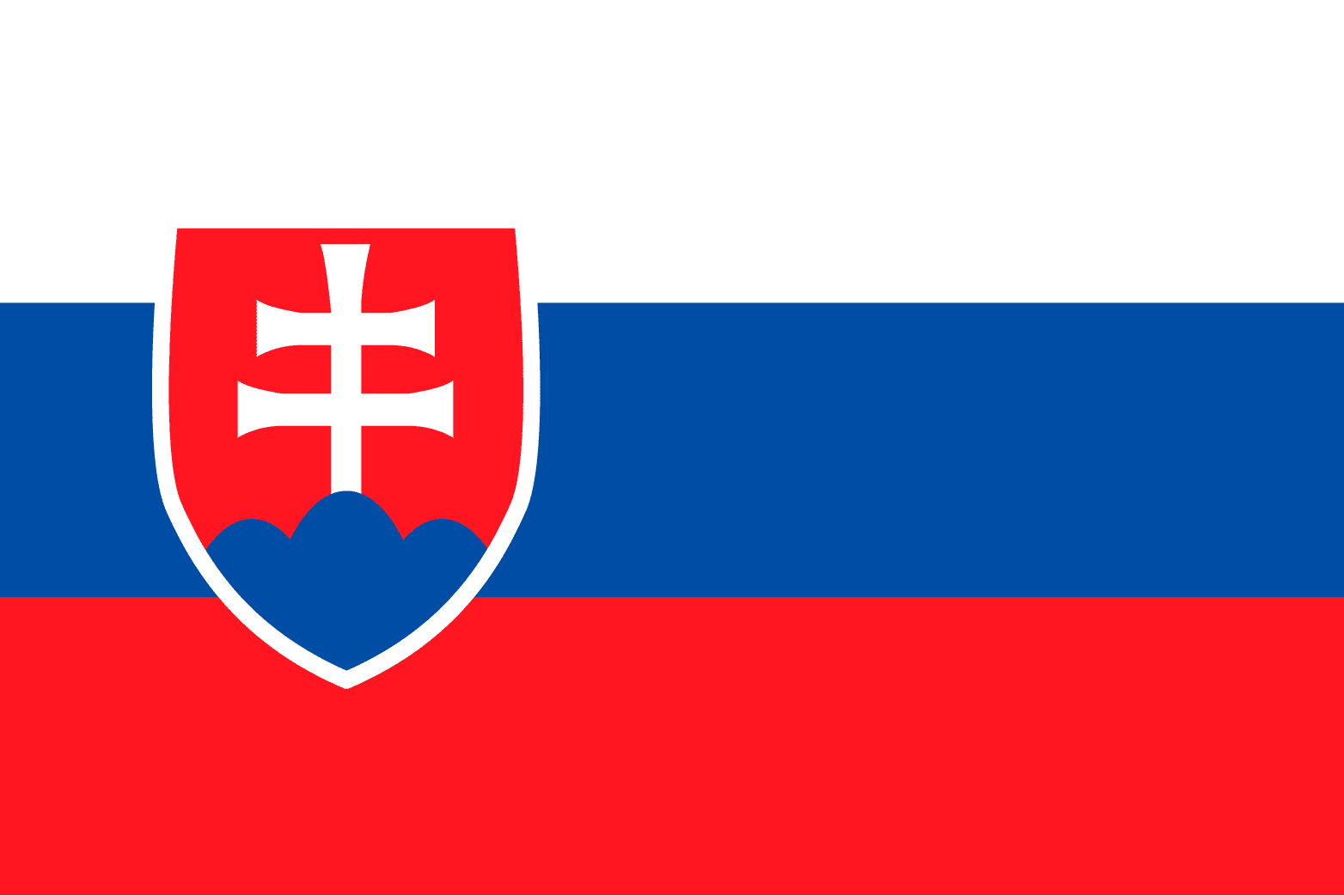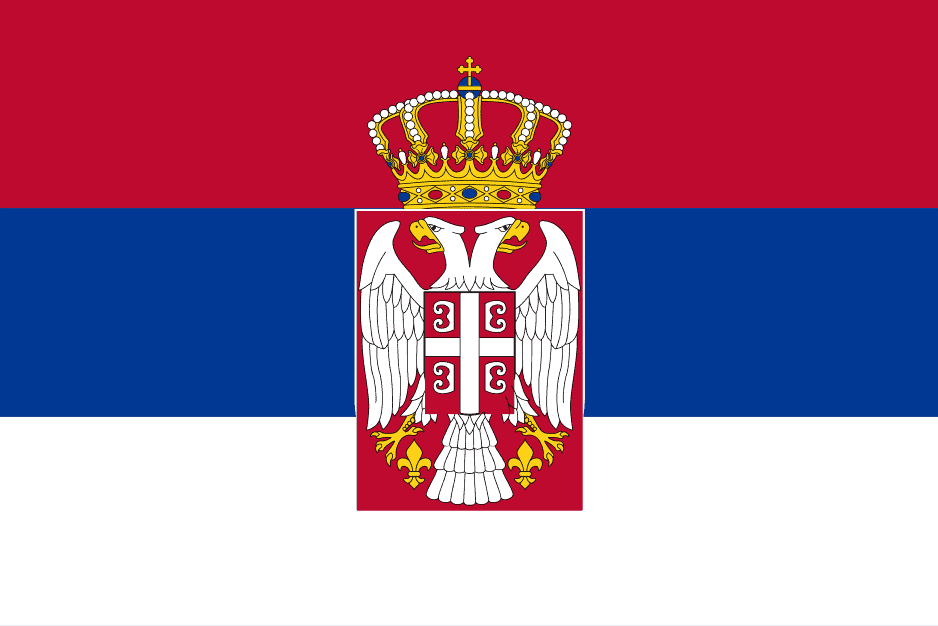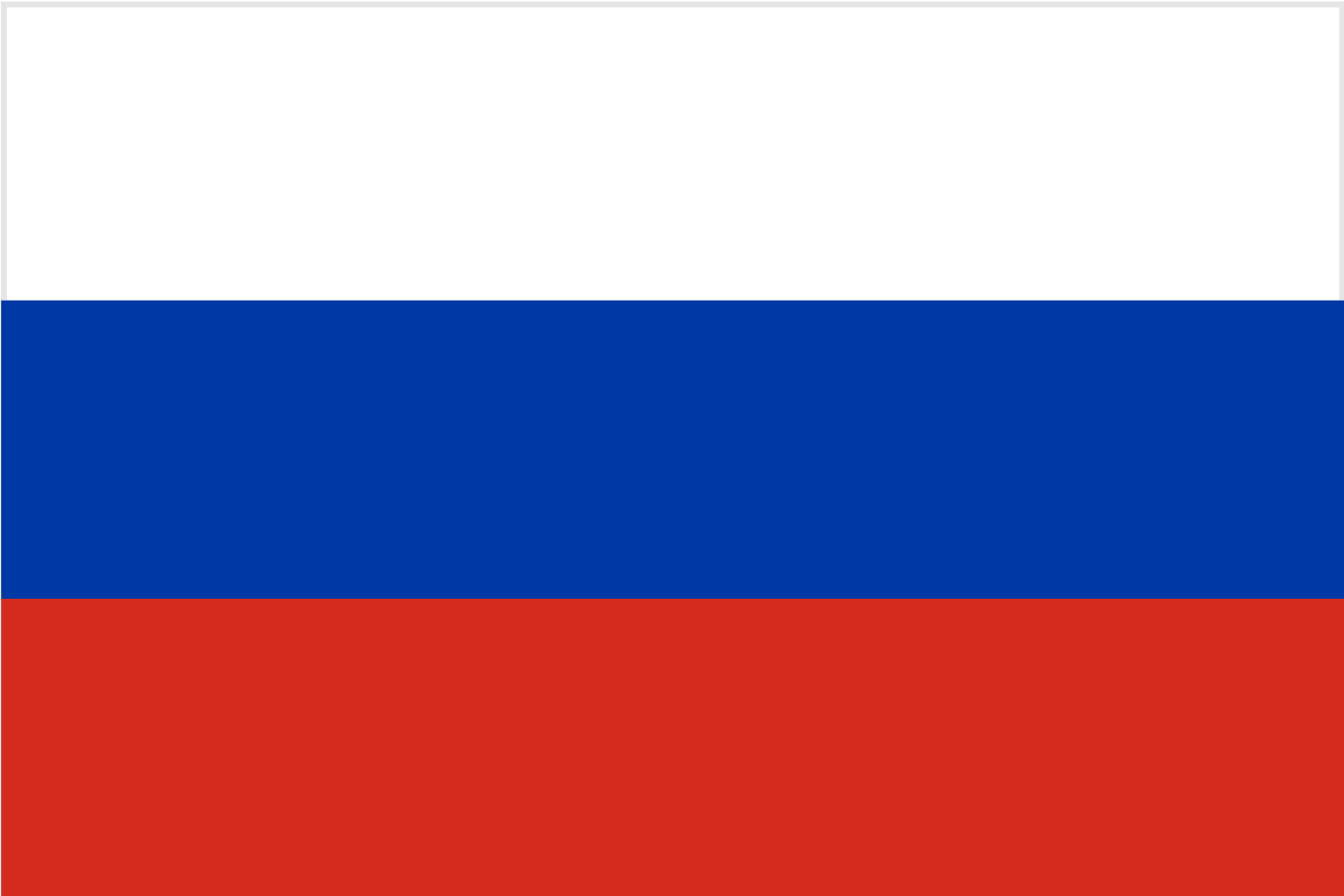The Times of Israel: https://www.timesofisrael.com/auschwitz-survivor-decries-rise-of-antisemitism-far-right-in-germany/
BERLIN — A Jewish survivor of the Auschwitz death camp told Germany’s parliament Wednesday that she is appalled by the rising strength of the far right in the country and increasing antisemitism in the wake of the October 7 Hamas attack that triggered the war in the Gaza Strip.
Eva Szepesi, 91, who was born in Hungary and liberated from Auschwitz at age 12 in January 1945, spoke at the parliament’s annual memorial event for victims of the Holocaust. She shared her memories of Nazi persecution and addressed concerns about the current situation in Germany.
“I would like not just for murdered Jews to be remembered on memorial days but also for living ones to be remembered in daily life. They need protection now,” Szepesi told lawmakers.
Germany saw a significant increase in anti-Jewish incidents following the attack on Israel. Szepesi said some of her readings at schools were called off for security reasons shortly after October 7 and her most recent such events took place under police protection.
“The Shoah (Holocaust) did not begin with Auschwitz. It began with words, it began with society staying silent and looking away,” she said. “It pains me when schoolchildren are again afraid of going to school just because they are Jews; it pains me when my great-grandchildren still have to be protected by police officers with machine guns just because they are Jews.”
Get The Times of Israel’s Daily Editionby email and never miss our top stories
By signing up, you agree to the terms
Szepesi also decried the strengthening of the far right in Germany, where recent national polls showed the far-right Alternative for Germany (AfD) party in second place with support of around 20%. A recent news report said some party members attended a recent meeting where right-wing extremists discussed deporting millions of immigrants and people with immigrant roots, including some with German citizenship.
The railway tracks where hundred thousands of people arrived to be directed to the gas chambers inside the former Nazi death camp of Auschwitz Birkenau, December 7, 2019. (AP Photo/Markus Schreiber, file)
“It appalls me that right-wing extremist parties are again being voted for,” Szepesi said. “They must not become so strong that our democracy is endangered.”
Hundreds of thousands of German citizens attended protests against the far right this month.
“It’s great that so many people have taken to the streets in recent weeks to demonstrate against right-wing extremists,” Szepesi told parliament. “But I would like these demonstrators also to object loudly among acquaintances and at the workplace when inhuman and antisemitic comments are made.”


